Is it worth shelling out money to buy a bargain used computer part, and which parts shouldn't you even look at?
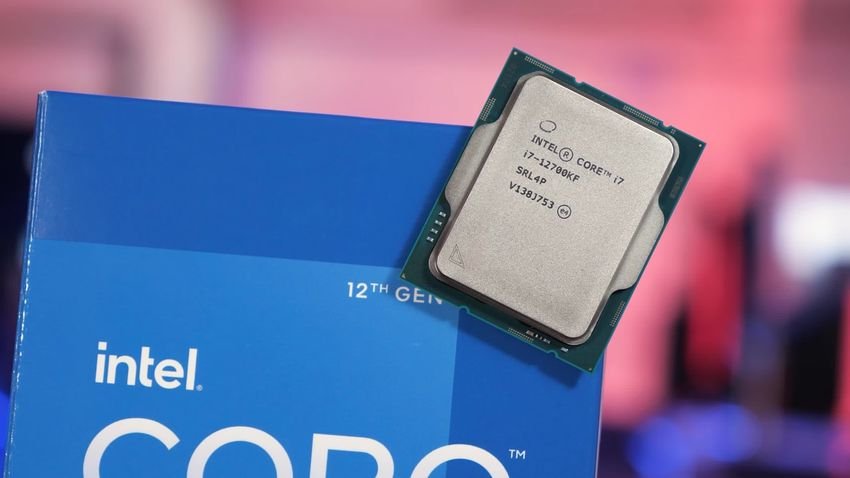
A new and mid-range computer for as long as I can remember working with PCs has always cost more than a basic salary. For some strange reason when a new part comes out it costs almost a certain fixed price for years now and the thing it replaces just starts a downward spiral in cost.
So either now or 20 years ago you needed, and still need, about a basic salary to buy a computer.
This is not a miracle of the market but simply the sales marketing of the companies and due to the high, for the pockets of many users, acquisition costs, many turn to upgrades of their old computers, buying used parts.
In fact, if you want something more sophisticated in a component, such as for example a brand new gaming graphics card, you will find it even for 1.000 euros. Even a decent screen and other peripherals cost quite a bit of money.

But you can always explore the world of used computer parts. But let's see which used parts are worth buying and which you should stay away from, regardless of price.
Keep in mind that computer components can degrade even when they are not in use, even when they are on the shelf.
Capacitors, lubricants and cooling paste wear out over time. Components can also rust or collect dust. All this affects her functionaltheir capabilities and may they have never been connected to power.
We assume you've done your research and know what components fit your computer, so we won't get into compatibility in this article.
CPU (Processor)

The CPU, or processor, is arguably the most important component of your computer. As strange as it may sound, a used CPU is also one of the safest used computer parts you can buy.
Destroying a processor, even with years of extended use, is quite rare. As long as the CPU you're buying isn't overclocked and hasn't been under weird cooling systems to make you suspicious, then it's probably OK.
The execution of the popular benchmark tool Cinebench on the candidate cpu for purchase will help you verify its status.
You can find great deals online on previous generation CPUs that are still under warranty. However, you should always try and buy used computer parts in person so you can inspect them for physical defects and functional problems.
Install Cinebench on the computer that has the candidate cpu for purchase, test it, and if it passes the test, then take it out and buy it. Never take a used part off the shelf without trying it out.
GPU (Graphics Card)
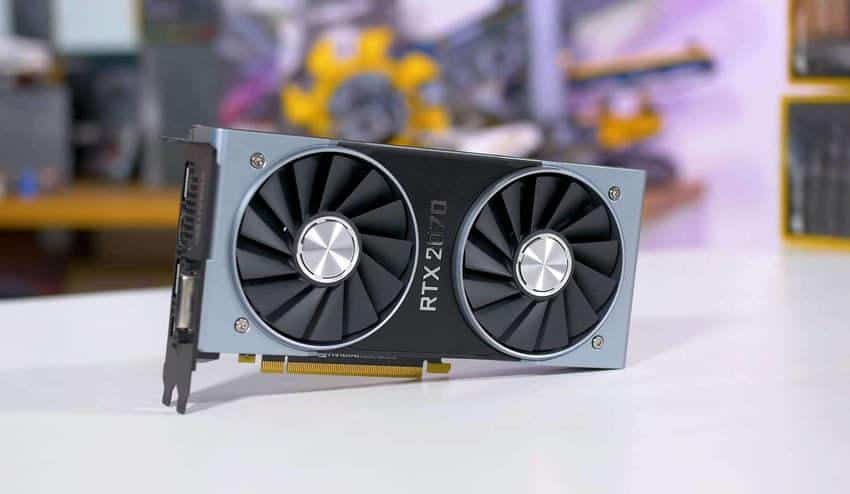
Whether you're building a new gaming PC, or just upgrading your graphics card, the GPU often takes up the biggest chunk of your budget. Fortunately, replacing a GPU is much simpler than installing a CPU, as you only need a compatible PCIe slot and enough space in your box.
However, buying a used GPU can sometimes be difficult. The GPU may have been used in cryptocurrency mining or other continuous use scenarios, which can significantly affect its lifespan.
If possible, do a few tests on the card before you buy it. You can test the GPU with Furmark to discover any heat or power problems. Buying a used graphics card may require more due diligence than other computer components, but it's worth the savings.
RAM (Memory)
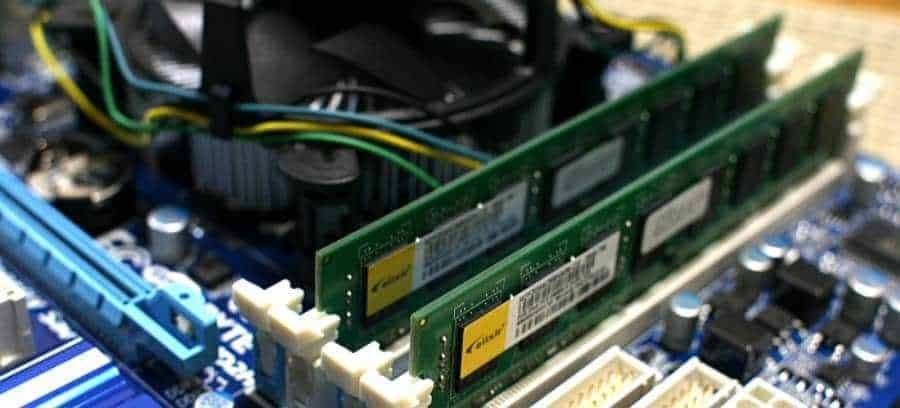
Used memory (RAM) is another safe component to buy. RAM sticks have a low chance of failing. This is why manufacturers offer a 10-year warranty on memories.
As long as you buy the right type of memory (DDR3 vs. DDR4 vs. DDR5) and ideally the right frequency, you're good to go.
For better or for worse run a quick test to check the health of your RAM with the Windows Memory Diagnostic (search for mdsched.exe in Windows), the MemTest86 or other software.
Visual inspection of RAM sticks is also easy: connect the sticks to the vendor's system and check if they are detected by the operating system correctly and if the system boots to the desktop.
CPU cooling system

As long as there is no physical damage and it is not visibly dusty, an air cooling system will work for a long time. On the other hand, liquid coolers or AIOs (All-In-One Liquid CPU Coolers) have more sophisticated components and a much higher chance of something going wrong.
There is a risk of liquid leakage or pump damage. Choosing the right CPU cooler also depends on the thermal characteristics of the CPU and the aesthetics of your computer.
Modern AIOs have greatly reduced failure rates, and air and liquid coolers come with warranties of two to five years, depending on the manufacturer.
With use, CPU coolers may develop higher noise levels and less efficient cooling capacity, but you can always use the tests mentioned above to check for CPU overheating during a stress test.
Or check the temperatures with HWMonitor. If the cooling system isn't performing, you'll find out pretty easily.
Monitor and other peripherals
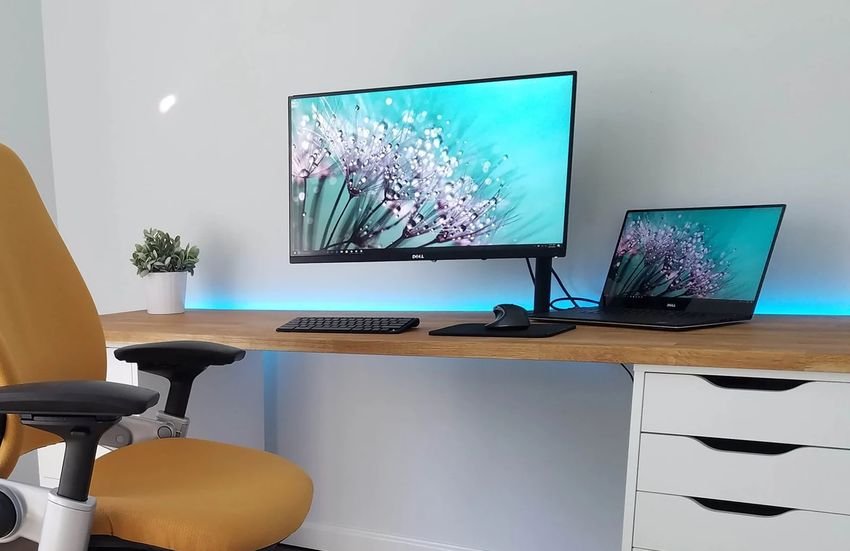
Buying a monitor can be a stressful experience, and gaming monitors are especially expensive. Fortunately, you can save a lot of money by buying a used monitor.
Just check a used screen for dead pixels, damaged LED, burn-in in the case of OLEDs (permanent picture ghost) and other visible signs of damage before you buy.
Other peripherals, such as keyboards, mouseand headphones, they are quite simple in the used market. Just confirm that all switches, LEDs and functions work as they should.
Cases, Fans, and more
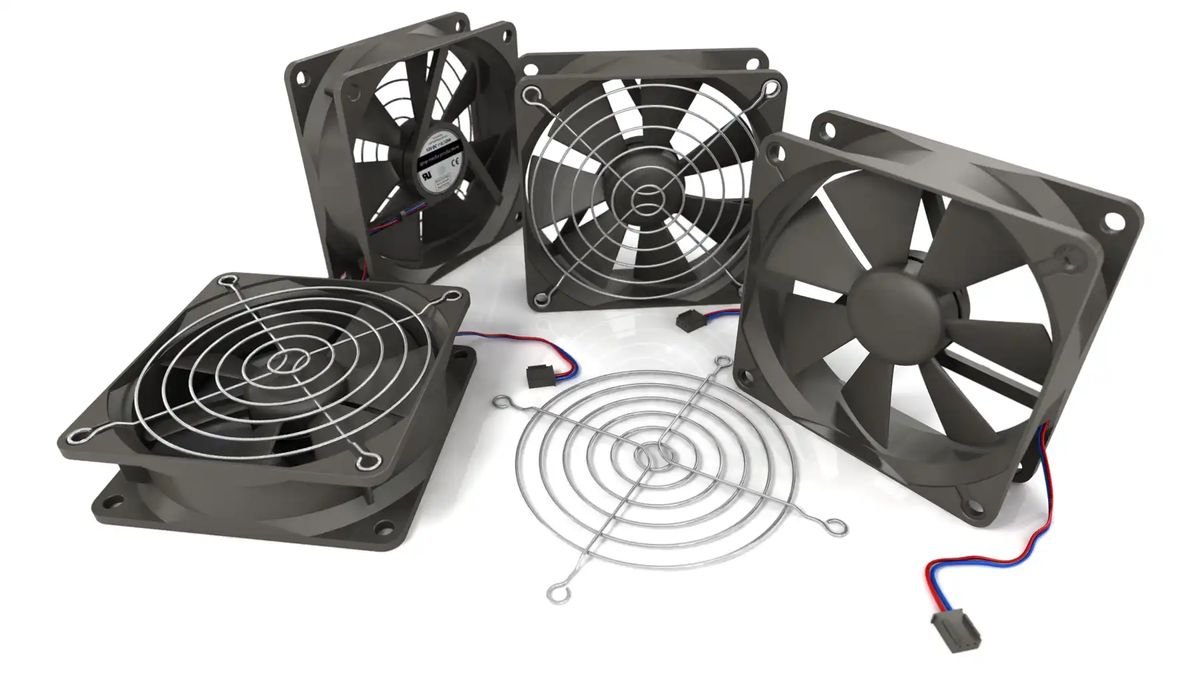
You can buy used cases, fans, vertical GPU stands, SSD coolers and the like with confidence, as these components have nothing to break.
Parts like these may not seem expensive to buy new, but when they add up they add up to a hefty bill.
Storage disks
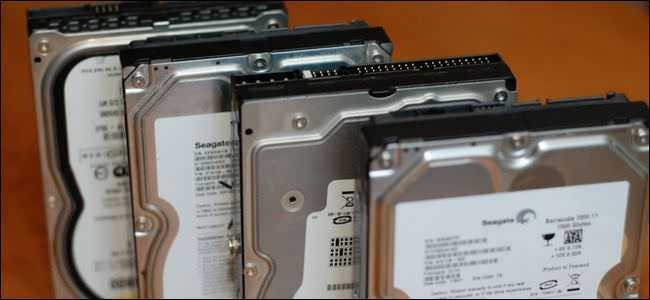
Think twice before doing so and we urge you not to buy. Classic hard drives have magnetic plates that are prone to developing mechanical problems and bad sectors the more they are used. But even the most modern SSDs that have no moving parts can cause problems due to limited write cycles.
This makes buying used storage a bad idea, as it threatens the integrity of the data you store on those drives. Even if you only use them to store non-critical data, the inconvenience of losing that data is not worth the tiny cost savings.
Power supply unit (PSU)
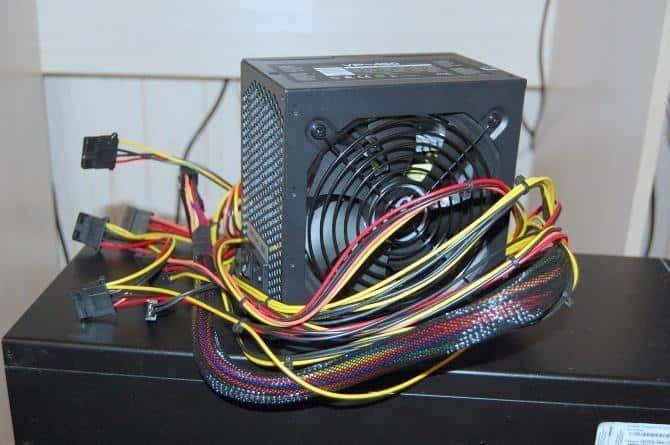
As strange as it may seem, we do not recommend buying a used PSU! The power supply unit (PSU) provides clean and efficient power to every valuable component of your computer. However, trying to save money with a used PSU can cost you thousands of euros in the long run.
PSUs can degrade over time, with their internals failing to deliver the same quality of power to the CPU, GPU, motherboard, and more.
If your computer requires a sudden power surge, a used PSU may not be able to keep up and may damage other system components as well. Especially if you are stressing your machine.
Mother board (Motherboard)

Better leave it, don't buy. Avoid buying a used motherboard at all costs. The motherboard connects every other part of your computer, and any major damage that may go unnoticed at the time of purchase can lead to catastrophic failure.
Issues such as faulty VRMs (Voltage Regulator Module) can affect CPU performance. Bent pins on the CPU socket can make the CPU problematic.
But at some point, you may need an older, compatible motherboard to get your old CPU to work. If this is unavoidable, and you must buy a used motherboard, take some time to visually examine it.





